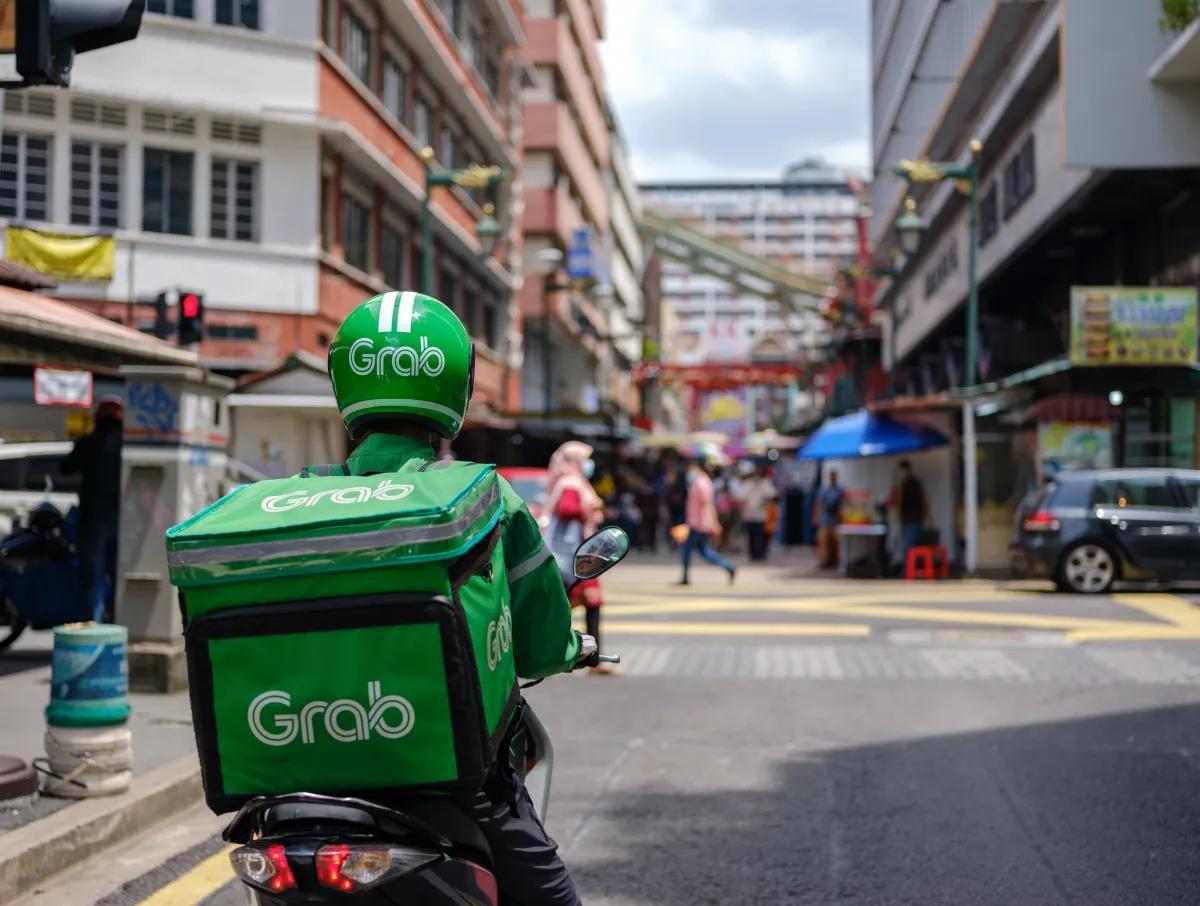Gigging in the Fast Lane: Malaysia’s Food Delivery Riders Navigate a Risky Road
Malaysia’s streets are alive with the buzz of motorcycles and scooters zipping through traffic to deliver meals to hungry customers. But behind the convenience of our favourite food delivery services lies a hidden danger that is largely ignored. From physical risks to financial uncertainty, the life of a gig economy food delivery rider is anything but simple.
In April 2023, Malaysia’s Minister of Transport, Anthony Loke, disclosed a deeply concerning set of statistics regarding food delivery riders in the country. Between 2018 and May 2022, 112 food delivery riders lost their lives on Malaysian roads, with an additional 82 sustaining serious injuries and 1,082 suffering minor injuries. These figures are profoundly alarming, equating to almost one courier death nearly every week in Malaysia.
The data is not only concerning but also highly illuminating, as it is a rare insight into a largely undocumented subject. Globally, it is almost impossible to find publicly available data on road accidents involving couriers. Most countries do not segregate the data for this large and burgeoning sector. The lack of information from the food delivery platform companies further complicates the situation.
There is a pressing need for greater transparency and accountability within the food delivery industry, particularly in the context of road safety. The lack of clear and comprehensive data hampers efforts to understand the full scope of the problem and develop effective strategies to protect those working within this vital sector of the economy. It is a matter that warrants serious attention from researchers, governmental bodies and food delivery platform companies.
While road traffic accidents are a prominent concern, the physical risks in the food delivery gig economy are far more comprehensive. Research has illuminated various occupational hazards, such as musculoskeletal disorders (MSDs), which have become increasingly prevalent. These disorders, often overlooked, are a stark reminder of the toll this type of work can take on the body. Behavioural risks further complicate the picture. Troubling riding practices, such as speeding and mobile phone usage on the road, have emerged as significant concerns in the courier gig economy. These behaviours not only endanger the riders themselves but also pose risks to other road users.
Recent studies worldwide have already begun to unravel the unique challenges that gig economy food delivery riders face, marked by their transient, flexible and often freelance nature. Financial instability, for example, is another substantial concern. The precarious and time-sensitive nature of gig work can lead to economic insecurity, creating a high-pressure environment. In the relentless and fast-paced world of food delivery, where time translates to money, this pressure often manifests in a surge of risky behaviours, further exacerbating the physical risks. Furthermore, the mental well-being of gig workers cannot be ignored either. The challenges of burnout, high job demands and low job control contribute to psychological risks, creating a work environment that can be mentally taxing. The need for support and understanding in this area is paramount yet often neglected.
Of course, the question of responsibility within the gig economy, particularly in the food delivery sector, also presents a challenge. Is the onus of safety and well-being solely on the individual rider, or does it extend to broader systems, encompassing employers and policymakers? The answer, it seems, requires a more nuanced and collaborative approach involving all stakeholders in crafting comprehensive solutions. Despite the extensive research and understanding of the health risks faced by gig workers, there remains a conspicuous gap in developing actionable strategies and interventions.
There is an urgent need to bridge this gap, focusing on practical solutions to the complex health and safety risks inherent in the food delivery gig economy. Of course, promoting healthier behaviours and enhancing road safety should form part of this approach, as should the focus on mental health strategies to prevent burnout, along with mental health support and stress management training. But we need to address the systemic conditions to protect the health and safety of couriers, which requires more than individual efforts. Fair working conditions and robust regulations are essential to mitigating risks.
Malaysia’s delivery riders are part of a global community facing similar health, safety and financial issues. The next time a delivery rider brings a meal to your doorstep, consider the risks they have navigated to get there. It’s time to take the wheel and drive research, policy and interventions that protect these vital workers forward. The streets of Malaysia, and indeed the world, deserve nothing less.
Dr Gary Daniels
School of Hospitality and Service Management
Email: @email
This article was first published in The Edge Malaysia, 18 September 2023.




